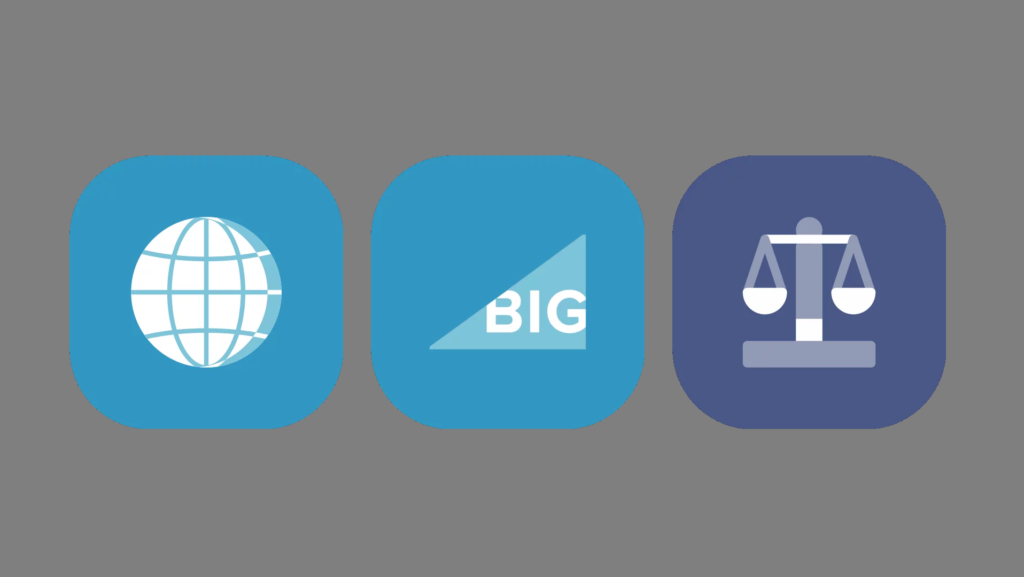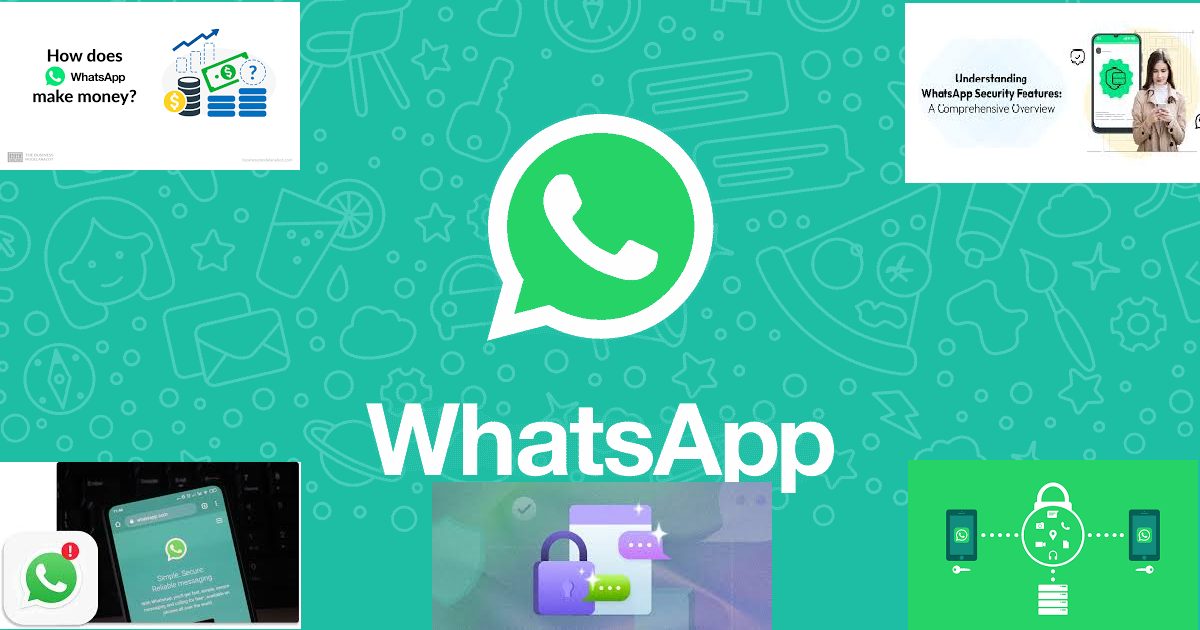WhatsApp has revolutionized the way we communicate by offering a free and reliable messaging platform. However, as the app evolves, new features are introduced, security concerns arise, and questions about its monetization strategies become relevant. In this article, we’ll delve into WhatsApp’s latest features, discuss pressing security issues, and uncover how this popular messaging app generates revenue.
1. New Features in WhatsApp
WhatsApp continually enhances its platform to improve user experience. Some of the latest features include:
A. Expanded Private Mentions in Status
WhatsApp has recently made private mentions in Status available to all users. This feature allows users to tag specific contacts in their Status updates, making it easier to share moments with selected friends or family members. It adds a layer of personalization and helps engage viewers directly.
B. Enhanced Group Features
WhatsApp has rolled out various enhancements for group chats, including improved management tools for admins and the ability to see all unread messages within group conversations. These features facilitate smoother communication among members and allow for better organization of group discussions.
C. Improved Search Functionality
With the latest updates, users can enjoy better search capabilities. This includes finding specific messages, media, or contacts quickly, enhancing the overall efficiency of navigating through chats.
2. Security Concerns
As WhatsApp grows in popularity, it also faces rising security concerns, especially regarding account hacking and data privacy.
A. Surge in Account Hacks
Reports from countries like Sri Lanka indicate a troubling increase in WhatsApp account hacks. Cybercriminals are exploiting vulnerabilities to gain unauthorized access to user accounts, leading to concerns about privacy and security. WhatsApp is actively working on implementing stronger security measures, including two-step verification and regular account monitoring.
B. Data Privacy Issues
While WhatsApp employs end-to-end encryption to protect user conversations, concerns about data sharing with its parent company, Meta (formerly Facebook), persist. Users are often left wondering how their data is being used and what information is being shared. Transparency in data handling is crucial for maintaining user trust.
3 - App Makes Money
While WhatsApp is widely recognized as a free messaging app, its monetization strategies are increasingly becoming a topic of interest. The app has developed various methods to generate revenue while maintaining its core offering of free communication. Here are some of the key ways WhatsApp makes money:
1. WhatsApp Business
WhatsApp Business is a dedicated app designed for small and medium-sized enterprises (SMEs). This platform enables businesses to interact with their customers directly through the app. By providing features like automated replies, customer support tools, and product catalogs, WhatsApp empowers businesses to enhance customer engagement.
Monetization: While the app itself is free, WhatsApp charges businesses for advanced features, such as enhanced messaging capabilities and analytics tools. This model allows WhatsApp to profit from its business-oriented services without compromising the user experience for regular users.
2. Advertising Opportunities
Although WhatsApp has not yet introduced direct advertisements in user chats, it is exploring the potential of advertising through its Status feature.
Monetization: Businesses can create ads that appear in the Status feed, enabling them to reach a wider audience. This approach allows WhatsApp to monetize user engagement in a way that aligns with the app's existing features while generating revenue from advertisers.
3. Payment Services
WhatsApp has introduced payment services in various regions, allowing users to send and receive money directly through the app.
Monetization: By facilitating transactions, WhatsApp can charge small fees on these transfers. This not only provides convenience for users but also creates a new revenue stream for the app as it expands its payment capabilities.
4. Data and Insights
As a subsidiary of Meta, WhatsApp has access to a wealth of user data. While the app emphasizes user privacy and end-to-end encryption, it can leverage aggregated and anonymized data to provide insights to businesses.
Monetization: By analyzing user behavior and trends, WhatsApp can offer valuable insights to businesses about consumer preferences and communication patterns, creating opportunities for targeted marketing and engagement strategies.
5. Potential Future Monetization Strategies
As WhatsApp continues to grow, it may explore additional monetization strategies, including subscription services for premium features or further integration of e-commerce capabilities.
Monetization: Future innovations could allow businesses to utilize WhatsApp for transactions, bookings, and more, paving the way for a diverse range of revenue-generating options.
4. How WhatsApp Makes Money
Despite being a free messaging app, WhatsApp has devised several strategies to generate revenue:
A. WhatsApp Business
WhatsApp offers a separate app called WhatsApp Business, aimed at small and medium-sized enterprises. This platform allows businesses to communicate with customers, manage orders, and provide customer support. Companies can leverage WhatsApp’s vast user base to enhance their customer service, and WhatsApp monetizes this service through premium features.
B. Advertising and Promotional Tools
While currently, WhatsApp does not display ads in the chat interface, it is exploring opportunities to generate revenue through advertising on its Status feature. By allowing businesses to create ads that appear in the Status feed, WhatsApp could monetize user engagement without compromising the user experience.
C. Payment Services
WhatsApp is also expanding its payment services in various regions, allowing users to send and receive money directly through the app. This feature not only enhances user convenience but also opens up new revenue streams for WhatsApp through transaction fees.

